Abdel Fattah Saeed Hussein Khalil El-Sisi is the eighth President of Egypt, a prominent military leader, and a significant figure in modern Egyptian history. Since taking office in 2014, El-Sisi has played a crucial role in shaping the political, social, and economic landscape of Egypt. His career, marked by extensive military experience and international diplomacy, has positioned him as a key player both in Egypt and on the global stage.
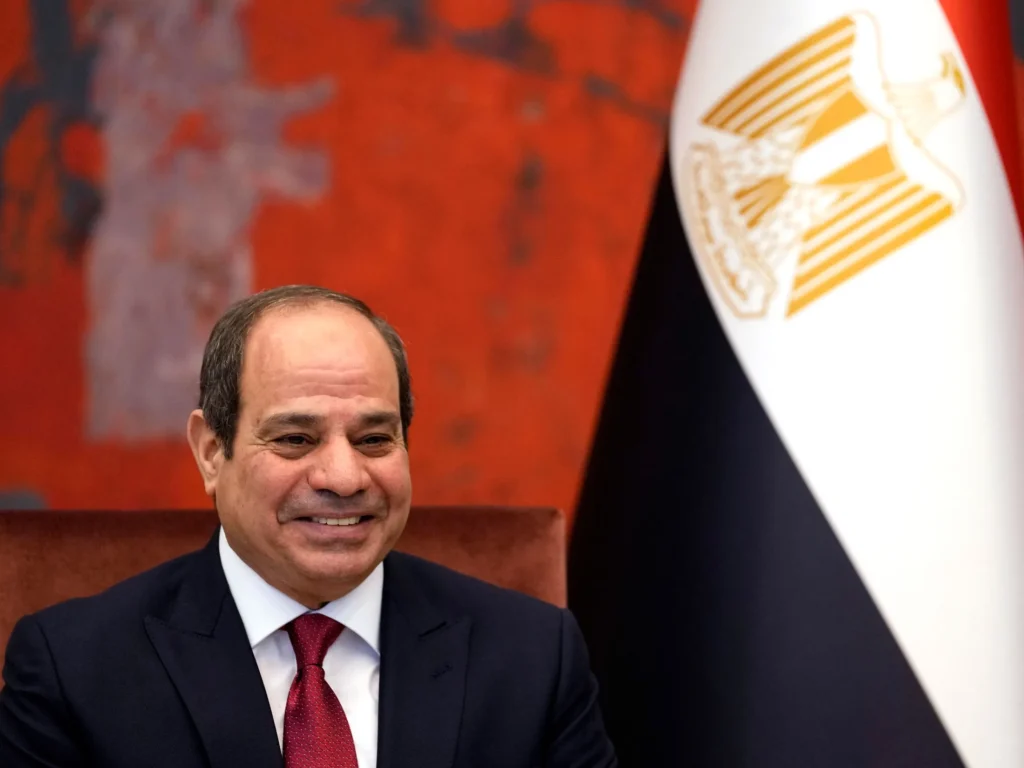
Early Life and Family
Abdel Fattah El-Sisi was born on November 19, 1954, in the El-Gamaleya district of Cairo, Egypt. Growing up in a traditional Egyptian family, El-Sisi developed a strong sense of discipline and dedication early in life, values that would later shape his career in the military and politics. He is married to Entissar Ahmed Amer, and the couple has four children: Moustafa, Mahmoud, Hassan, and Aya.
Education
El-Sisi’s educational journey began in Cairo, where he attended El-Bakri School for his elementary education from 1962 to 1968. He then moved to El-Selehdar School for his preparatory education (1968-1971) before entering the Military Air Force High School (1971-1974). His early academic pursuits were strongly influenced by his passion for the military, which led him to join the Egyptian Military Academy. He graduated on April 1, 1977, marking the beginning of his distinguished military career.
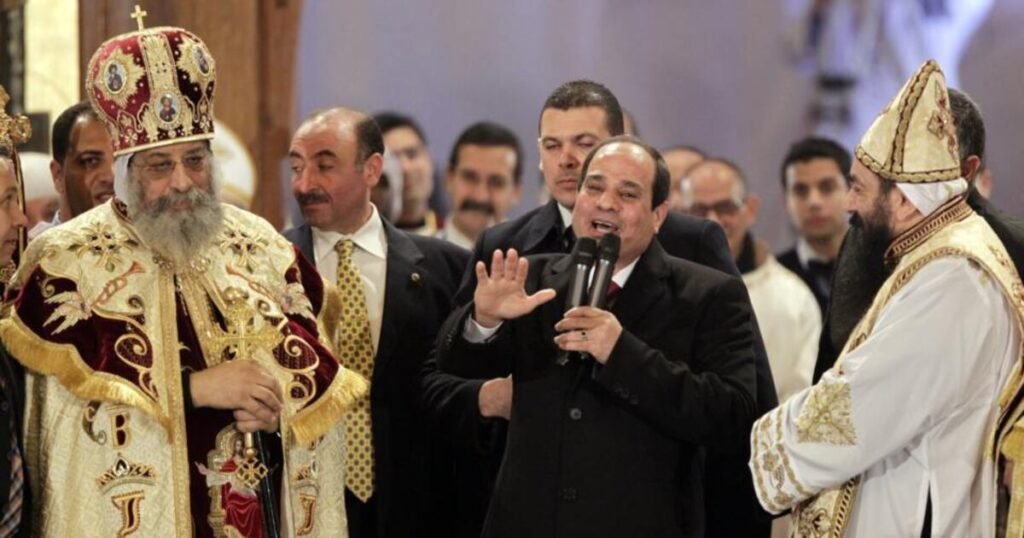
Military Education
El-Sisi’s military education is extensive and diverse, reflecting his commitment to professional growth and strategic military leadership. He obtained several advanced degrees in military science, including: [1] A Master’s degree in Military Science from Egypt’s Command and Staff College in 1987; [2] A second Master’s degree in Military Science from the Joint Services Command and Staff College in the United Kingdom in 1992; [3] A Fellowship of the Higher War College from Egypt’s Nasser Higher Military Academy in 2003; [4] A Fellowship of the US Army War College in 2006. These academic credentials helped him gain a deep understanding of military tactics, leadership, and international security issues, which would later inform his leadership of Egypt’s armed forces and the country as a whole.
Command Positions
El-Sisi’s military career spans several decades, during which he held numerous key command positions within the Egyptian Armed Forces. His roles ranged from front-line leadership in mechanized infantry units to strategic positions in military intelligence. Some of his most notable positions include: [1] Commander of a Mechanized Infantry Battalion and later Brigade Commander; [2] Egyptian Defense Attaché in Riyadh, Saudi Arabia; [3] Chief of Staff of Mechanized Infantry and later Chief of Staff of the 2nd Mechanized Infantry Division; [4] Commander of the Mechanized Infantry Division and Commander of the Northern Military Zone; and [5] Deputy Director and later Director of Military Intelligence and Reconnaissance.
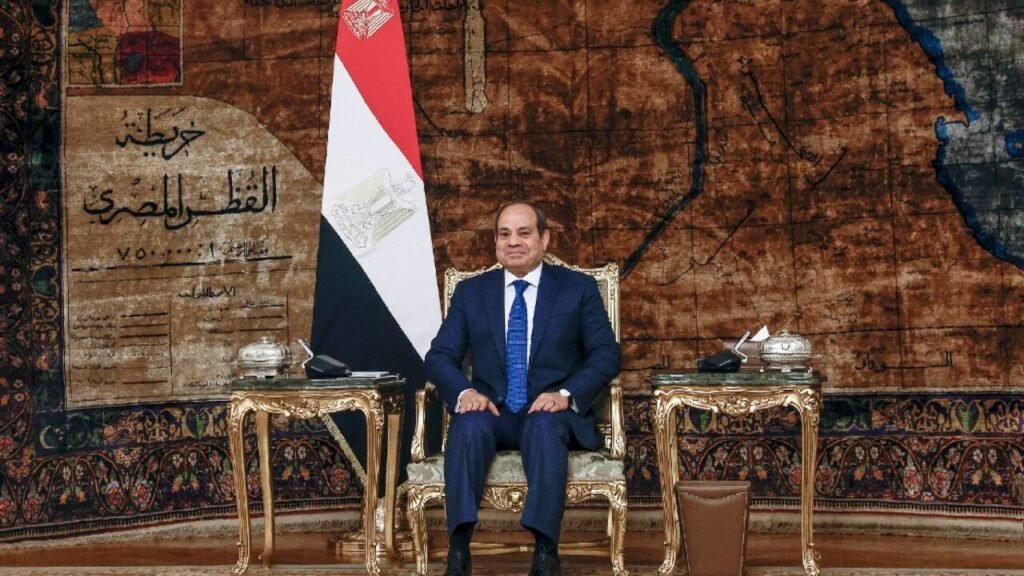
In these capacities, El-Sisi was responsible for critical operational and intelligence functions within the military, contributing to Egypt’s national security. His career culminated in his appointment as Commander-in-Chief of the Armed Forces, Minister of Defense and Military Production, and First Deputy Prime Minister in 2012.
Transition to Politics
El-Sisi’s transition from military leadership to politics came after the Egyptian revolution in 2011 and the subsequent political turmoil. In 2013, following widespread protests against the administration of President Mohamed Morsi, El-Sisi, as Commander-in-Chief, played a key role in the removal of Morsi from office, which led to his rise as a prominent political figure. In 2014, El-Sisi was elected President of Egypt in a landslide victory, securing over 96% of the vote. His presidency has focused on stabilizing Egypt’s economy, combating terrorism, and modernizing infrastructure. He was re-elected in 2018 for a second term.
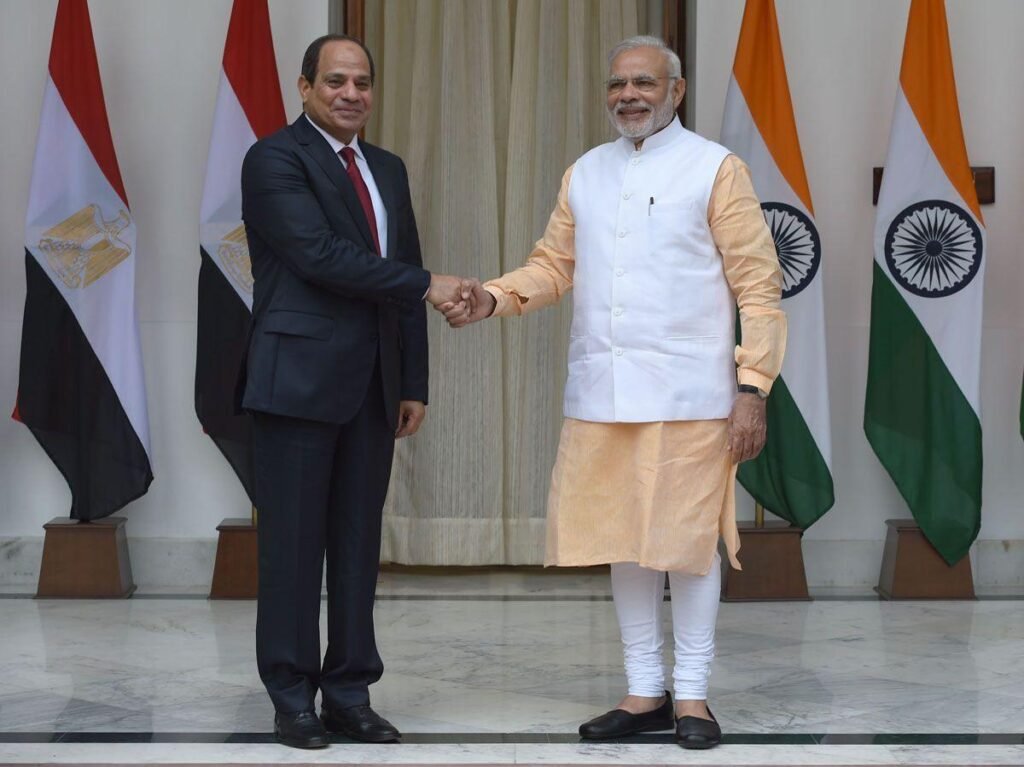
Leadership on the African and Global Stage
In addition to his role as President, El-Sisi has taken on leadership roles within Africa and beyond. From 2019 to 2020, he served as the Chairman of the African Union, where he focused on fostering unity, economic development, and conflict resolution across the continent. El-Sisi’s diplomatic efforts have extended Egypt’s influence throughout Africa, the Middle East, and internationally, bolstering Egypt’s standing as a regional power.
Medals and Decorations
Over the course of his career, El-Sisi has been honored with numerous awards and decorations, both from Egypt and from international bodies. These reflect his service to Egypt and his influence on global affairs. Some of the key medals and decorations include: [1] 25th April 1982 Decoration, commemorating Egypt’s recovery of the Sinai Peninsula; [2] Military Duty Decorations, First and Second Class, recognizing his exemplary military service; [3] Distinguished Service Decoration and the Long Service and Good Exemplary Medal; [4] Silver Jubilee Medal for the October 1973 War and Golden Jubilee Medal for the July 1952 Revolution and [5] 30 June Medal and the 25th January 2011 Revolution Medal, marking Egypt’s recent political changes.
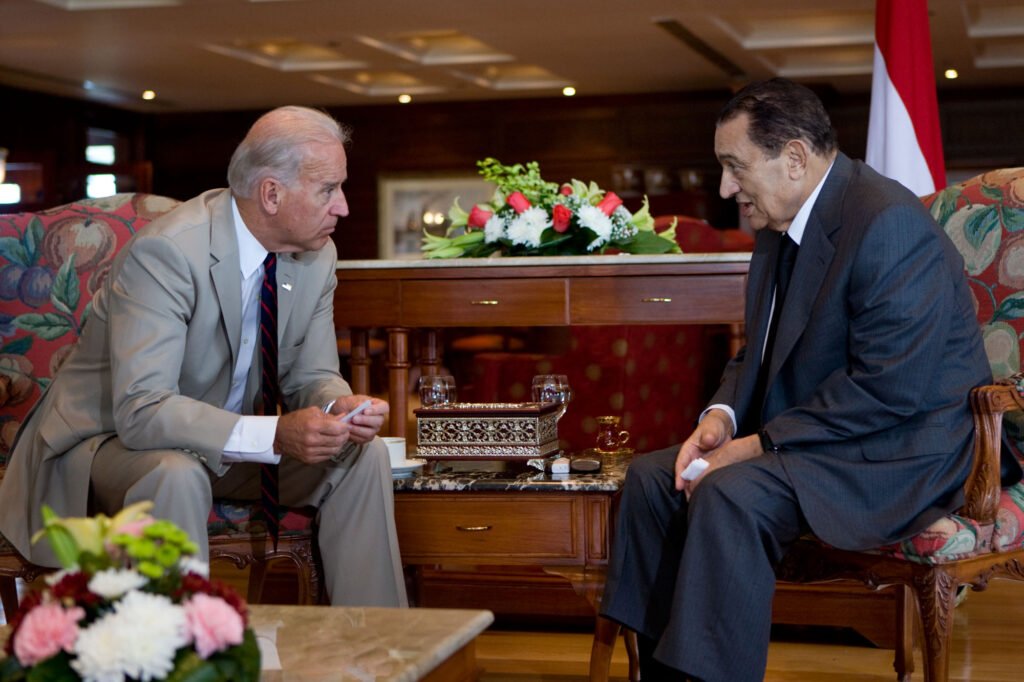
El-Sisi has also received prestigious international honors, including the King Abdulaziz Medal from Saudi Arabia, the National Legion of Honor from France, and the Order of Zayed from the United Arab Emirates. His numerous awards highlight his standing as a respected leader both at home and abroad.
Global Recognition and Diplomatic Honors
Throughout his presidency, El-Sisi has forged strong diplomatic relationships with countries across the world, as evidenced by the array of honors he has received from foreign nations: [A] The Order of Shaikh Isa Al Khalifa of Bahrain; [B] Mubarak Al-Kabeer Necklace from Kuwait; [C] The Order of Friendship of Peoples from Belarus; [D] The Greek Order of the Redeemer; [E] The National Order of Merit of Guineaand [F] The Order of the Republic of Serbia and the Oman First Order (2023). These accolades reflect his efforts to strengthen Egypt’s role on the global stage and promote regional cooperation, especially in the Middle East and Africa.
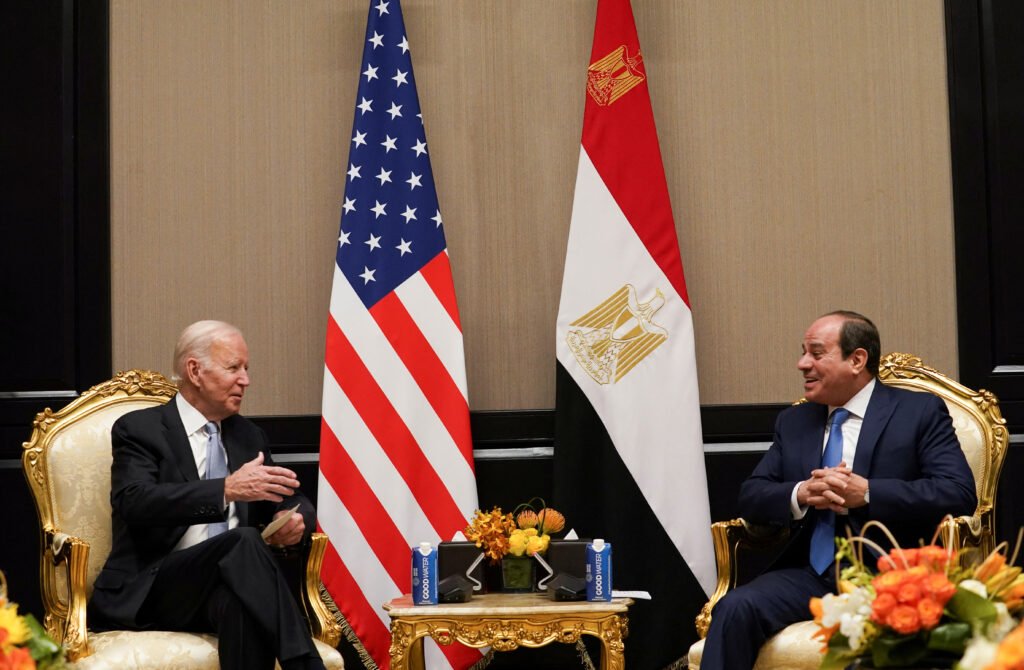
Legacy
Abdel Fattah El-Sisi’s tenure as President of Egypt is marked by his dedication to national security, economic reform, and regional diplomacy. He has overseen significant infrastructure projects, including the expansion of the Suez Canal and the construction of a new administrative capital. Domestically, his policies have focused on stabilizing the economy and attracting foreign investment, although his presidency has also been marked by controversy over human rights and political freedoms.





